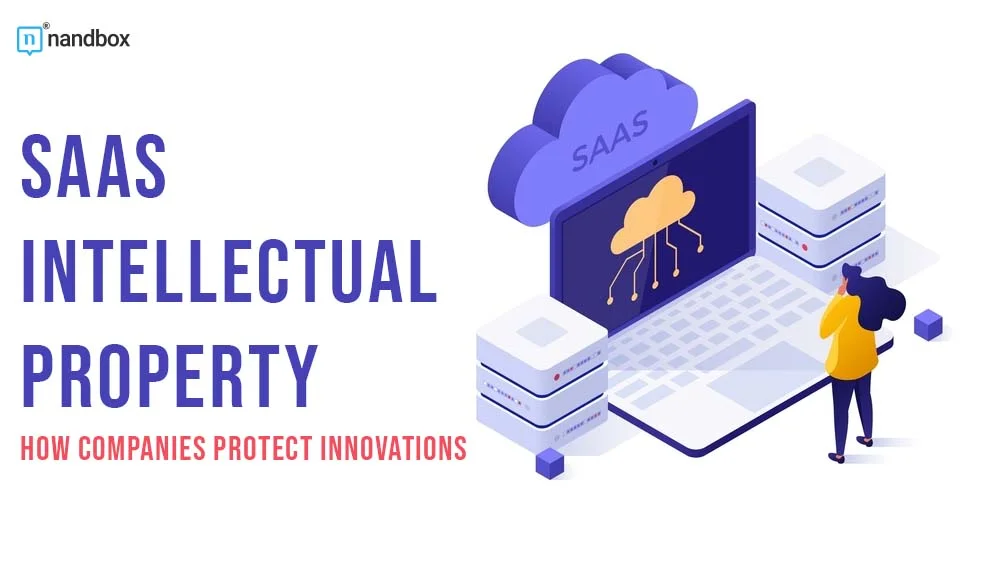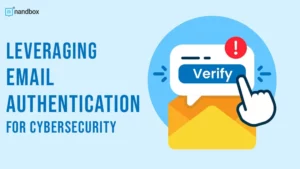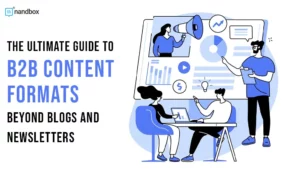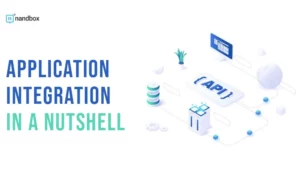Software-as-a-service (SaaS) is a vital part of many businesses today. Many businesses rely on SaaS companies to get software solutions to meet their various business needs. However, a major concern in the SaaS industry has been intellectual property rights. When a business pays a subscription for a software intellectual property, they have every right to that property. So, in this article, we will share some ways SaaS companies protect their intellectual property. Let’s get right into it.
Copyrighting Intellectual Properties
One of the ways companies protect their intellectual rights is with copyright. Copyright law exists to protect the rights of every creator. It gives SaaS companies the legal tool to protect their original property and reap the rewards of their efforts. Copyrights protect source codes, user interface, documentation, and every other creative content developed by your company. A Software as a Service (SaaS) lawyer comes in handy in helping the company come up with a well-put-together copyright paper. Copyright gives SaaS companies the exclusive right to create, copy, and distribute their property publicly Essentially, software copyright gives companies economic rewards by preventing others from exploiting their work.
The economic privilege copyright gives customers varies, such as giving them the right to charge a fee or royalty for reproduction of the software or code. Note that copyright is usually applicable for the owner of the copyright lifetime, which is often 50-plus years or 75 years from publication in some cases.
Getting a Patent
Similar to copyright, a patent gives companies exclusive rights to use, produce, and sell software. But unlike copyright, a patent has to be applied for it at the Patent Office. A patent grants SaaS companies rights to their invention over a period of time, usually 20 years. This exclusive right comes with a price – the invention must be novel, non-obvious, and have a practical utility. While many companies will prefer to get a patent to copyright, it is more difficult to obtain; the application process is lengthy and has a shorter expiration duration. The patent application must be drafted, summarizing the invention and expressing its novelty and practical utility. Patents act as a barrier to entry, discouraging competitors from developing similar products or services.
Within the 20 years, the patent is valid, the company must have fully benefited from the exclusive production and sales of the software. Since patents can protect parts of a company’s program that intellectual property laws cannot, patents are very crucial to SaaS companies. Patents are a powerful tool for protecting intellectual property. While the process can be complex, its potential benefit can make it worthwhile for SaaS companies seeking to protect their IP.
Using Trade Secrets
Most businesses have competitors, and for them to stand out, their products or services need to be unique in a way, which is where trade secrets come into the picture. Trade secrets are tools, processes, or mechanisms about a company’s products or services that are not publicly available, giving the company an edge over its competitors. It allows SaaS companies to protect their confidential information that cannot be protected by copyright or patents. It covers valuable algorithms, customer data, business processes, and proprietary knowledge. Unlike patents or trademarks, trade secrets are not registered with government agencies. Instead, it relies on the company’s ability to maintain its secrecy and confidentiality.
Maintaining the confidentiality of your trade secrets is very vital. It requires strict internal controls, non-disclosure agreements with employees, contractors, and partners, and a strong security measure to stop unauthorized access. Several state and federal laws offer some protection for trade secrets, such as non-disclosure agreements (NDA) that employees and contractors sign, especially for outsourced software development. These NDAs cover all these critical aspects, including trade secrets, source code, customer data, and business strategies. These agreements will protect sensitive information shared with employees, contractors, and partners.
By doing so, you create a safety net that prevents anyone from using your property to develop competing products. For the agreements to be effective, it must be carefully drafted by a SaaS lawyer to meet the specific requirements of your business. Every employee, partner, and independent contractor must sign this comprehensive agreement that not only assigns their invention to your company but also ensures confidentiality regarding your property.
Having Trademarks
Trademarks or service marks are another way SaaS companies protect their intellectual property. Trademarks can either be regular trademarks used to identify products or service trademarks used to identify services.
Companies must register a trademark with the USPTO, the federal government, or one or more state governments through their separate agencies in order to protect a good or service. And to trademark a product, it has to be unique. Trademarks are important in protecting a company’s brand and anyone doing business, especially online business.
Monitor and Enforce
Protecting your IP is not a one-time job; it’s a constant obligation that demands persistent attention. For SaaS companies, this means they should actively monitor for potential infringement and take decisive action when necessary. Your SaaS lawyer plays a crucial role in this process. They will regularly review your IP assets and identify potential infringement risks across your entire portfolio, including copyrights, patents, trade secrets, and trademarks. By taking these proactive measures, your SaaS lawyer sends a strong message to anyone attempting to exploit your intellectual property. It’s not just about building a solid defense that protects your assets, but about reinforcing your reputation in the industry.
The landscape of IP protection is constantly evolving, with new technologies, threats, and regulations emerging daily. You can stay ahead and protect your innovations by taking this holistic approach and building a fortress around your valuable assets.






